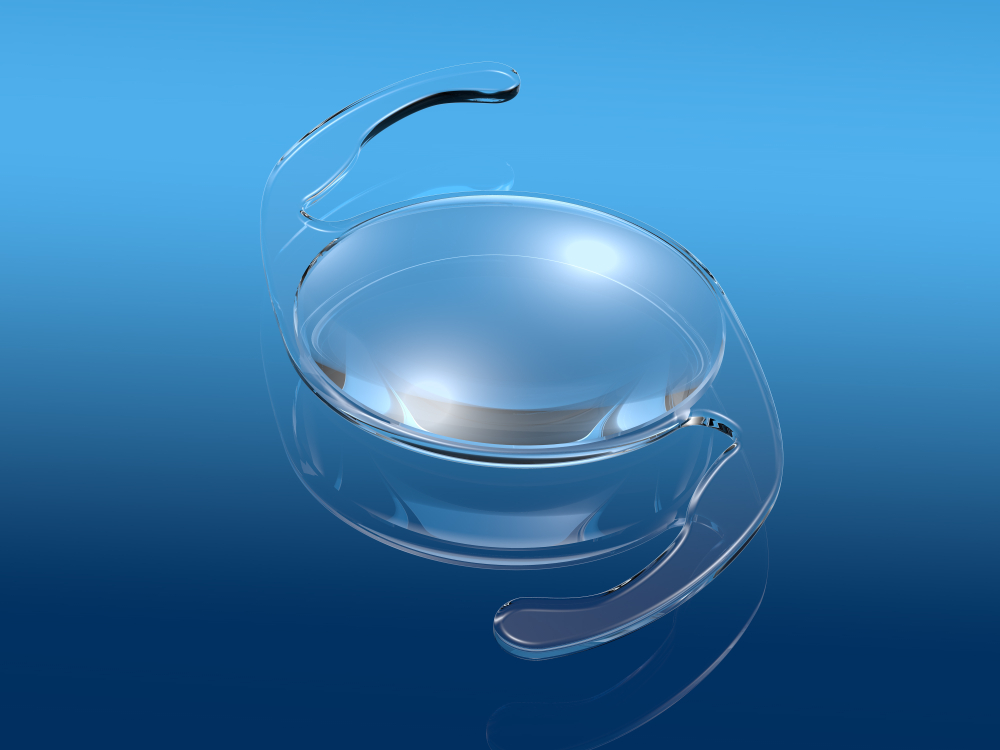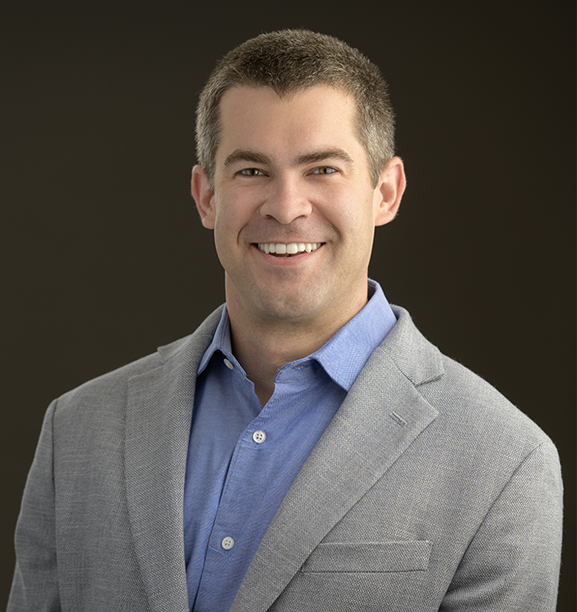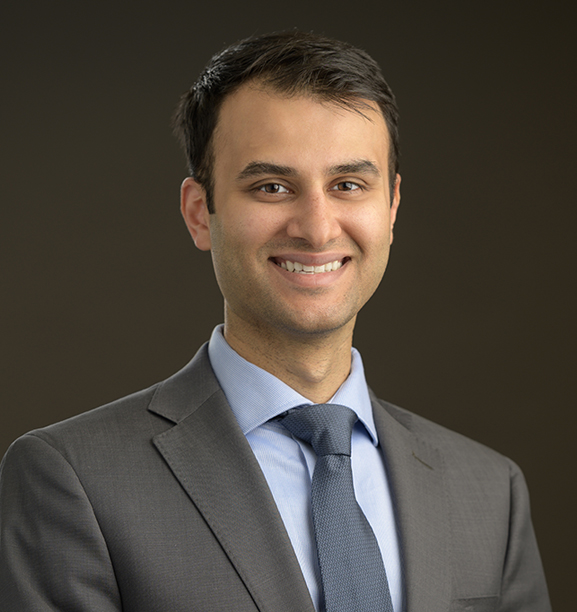Cataracts
What is a Cataract?
Each day, your eyes act like a camera, using the lens to bring into focus the various images and words you see. A cataract develops when the clear lens of your eye gradually becomes cloudy, which can make your vision blurry and produce an increase in glare.
Causes
While researchers have yet to determine the exact cause of a cataract, they speculate that several environmental factors influence cataract development. These factors include smoking, excess weight, trauma, steroid use, diabetes and excessive exposure to sunlight.
Symptoms
Symptoms vary from person to person. However, common symptoms include blurred vision, light sensitivity, poor night vision, double vision in the affected eye, difficulty in seeing distances and numerous changes in eyeglass prescriptions to accommodate changes in vision.






Cataract Prevention
If you stop smoking, maintain a healthy weight, wear sunglasses when out in the sun and take ocular vitamins designed to protect eyesight, you may reduce your risk of developing a cataract. Speak to your doctor to learn how preventive measures can be a part of your health plan.

Treatment Options
To improve vision, the cataract is removed and an artificial lens (known as an intraocular lens, or IOL) is implanted to restore your vision. There are currently two types of IOLs available: the monofocal lens or the multi-focal lens.
Whether the monofocal or multi-focal lens is chosen, the goal is to create the best possible vision suited for a person’s lifestyle.
The Multi-Focal IOL is similar to bifocal glasses, allowing the ability to see both near and far distances. The Standard Monofocal Lens (covered by insurance plans) has the same prescription across the entire lens, like a regular pair of single-vision eyeglasses.
Learn the Risks and Benefits of Cataract Surgery
Before considering cataract surgery, it is important to understand the risks and benefits associated with any of these treatment options.
Possible complications include, but are not limited to, high pressure in the eye, infection, artificial lens damage or dislocation, drooping eyelid, retinal detachment, severe bleeding inside the eye, swelling or clouding of the cornea, loss of vision or loss of the eye.
Benefits of cataract surgery include improvement in the vision you need for everyday activities, such as driving, reading, working, mobility, safety, hobbies and social activities. The impact of surgery may lead to increased self confidence and independence.
After Cataract Surgery
In some cases, the membrane that supports the IOL (the capsule) can become cloudy several months or years after the cataract was removed. This is called a “secondary membrane.” If this occurs and blurs your vision, your ophthalmologist will make an opening in the center of the cloudy capsule with a laser to allow light to pass through the lens properly again.
This quick and safe procedure, called a posterior capsulotomy, takes about five minutes as an outpatient surgical procedure.
We believe that healthy vision is an essential part of a healthy and active lifestyle.
Our patients have options and opportunities for better vision.
Cataract Surgery

You are in the driver’s seat and in charge of your eyecare
Do you know that you have options? Even if you’ve been referred to a specific cataract surgeon, you are free to choose your surgeon and the technology used for the best results. It’s important to know you have options.
At Scott and Christie Eyecare Associates, we empower you, the consumer, to make the best decisions about your Cataract Surgery.
You Have Options. Make it Count.
You only have cataract surgery once in your lifetime: Make it count.
Scott and Christie Eyecare Associates thrive on innovation. We know recent innovations in cataract surgery, multifocal technology and laser cataract surgery, patients now have the opportunity to experience the vision to meet their lifestyle needs after surgery. Scott and Christie ophthalmologists will review with you the options for your care based on your unique needs and answer your questions so that you can make the best decision for your surgical experience.
Are You a Good Candidate for Cataract Surgery?
Find out with our cataract self-test.

Technology and Experience
Scott and Christie Eyecare Associates offer patients options for multi-focal technology and laser cataract surgery. A multifocal lens implant corrects near, intermediate and distance vision, as compared to traditional cataract surgery that corrects only distance vision. The laser corrects astigmatism.
Multifocal plus the laser equals a fined tuned, full range of vision.
The lens can be inserted with the assistance of laser precision or by traditional methods, depending on the patient’s specific needs and desires. With nearly 30 years’ experience, our team is the Pittsburgh region’s premier cataract surgeons, having performed over 30,000 cataract surgeries and over twenty years of multi-focal experience, our doctors were some of the first to use the advanced multifocal lens implant and laser cataract technologies.
Because of this experience, we deliver our patients solid outcomes and compassionate care.
Continuity of Care
We believe the patient should see the surgeon before and after surgery.
Being there for our patients before and after surgery is crucial to our core beliefs and quality medical care. We continually ensure that you are recovering as you should, with a post-surgical care calendar that helps patients improve in a way that creates a full circle of service. Your precious eye sight and care is just too critical to do it any other way.
About Relationships
Established in 1990, Scott and Christie Eyecare Associates have been providing Pittsburgh patients quality care for nearly 30 years. And in that time, patients have referred friends and relatives to us again and again because of the way we treat people. The relationships we build with our patients is vital to the care we provide and the success of the practice.
We are proud to have this long-term history of serving our community, and we will be here to support your needs in the years to come.
Call Now (724) 772-5420


Live Your Best Life, Today.
Dedicated to you and your care
Optometrists and ophthalmologists work together when patients have conditions like cataracts. While the optometrist can diagnose cataracts, only an ophthalmologist (who is a medical doctor) can determine if you are actually a candidate for cataract surgery and, if necessary, perform that surgery. That is why, once an optometrist determines that you have cataracts, he or she must refer you to a cataract surgeon. The referral that an optometrist makes is important, it should be free from any financial incentives to create the referral and should be in the patient’s best interest; it’s your precious eyesight, its something to ask about and consider.
Some Additional Information to Consider Before You Schedule Your Surgery
With multifocal lens technology, many of our patients experience the rest of their life buying no more corrective eyewear or significantly reducing their dependency on corrective eyewear. Technology decisions can significantly reduce the costs of buying a lifetime of eyewear.
Traditional cataract surgery, even if recommended by the optometrist, which keeps patients in a cycle of buying eyewear, may not be in your best interest.
Learn about all of your options at Scott & Christie.
Call Now (724) 772-5420
This content has been reviewed and updated by the eye doctors at Scott and Christie



